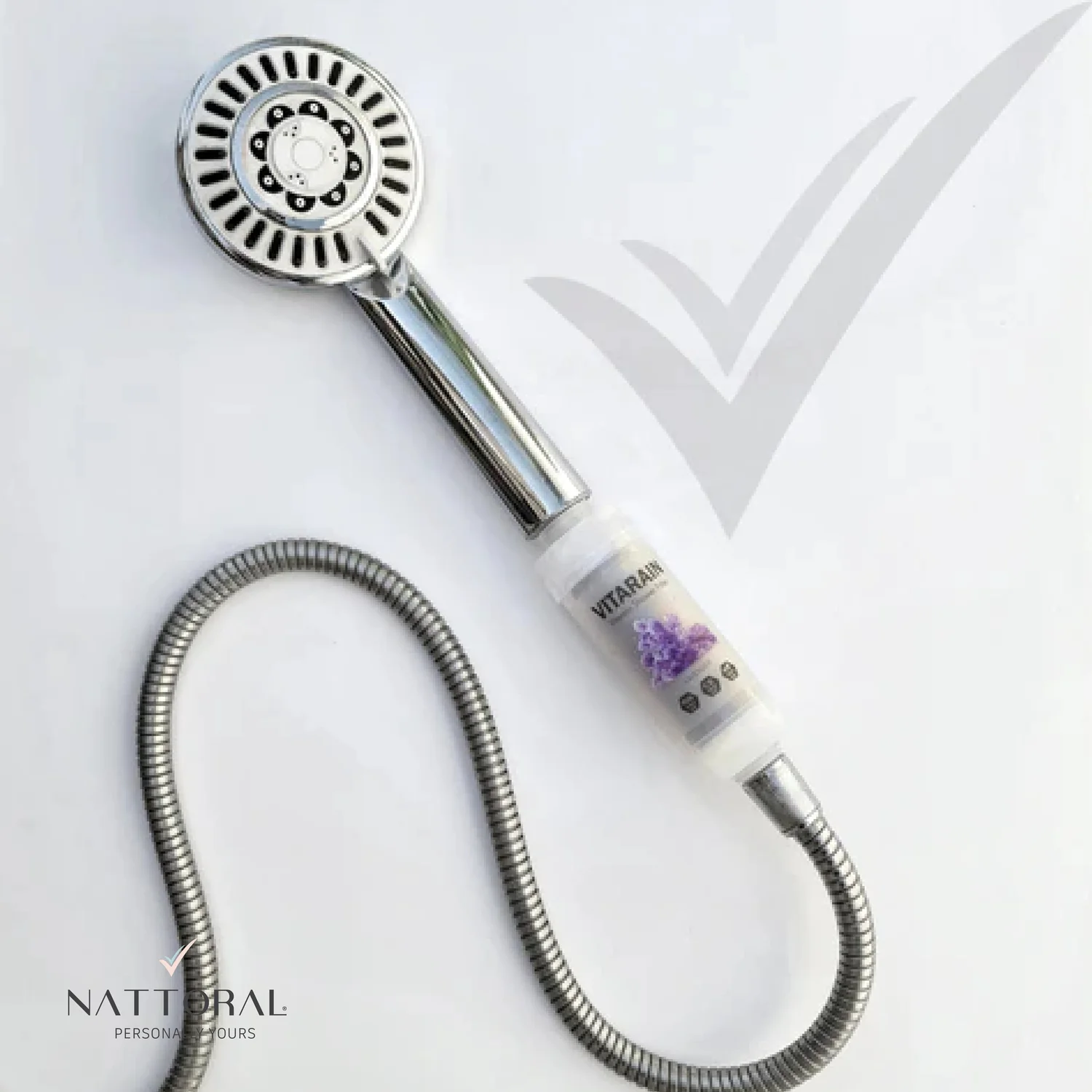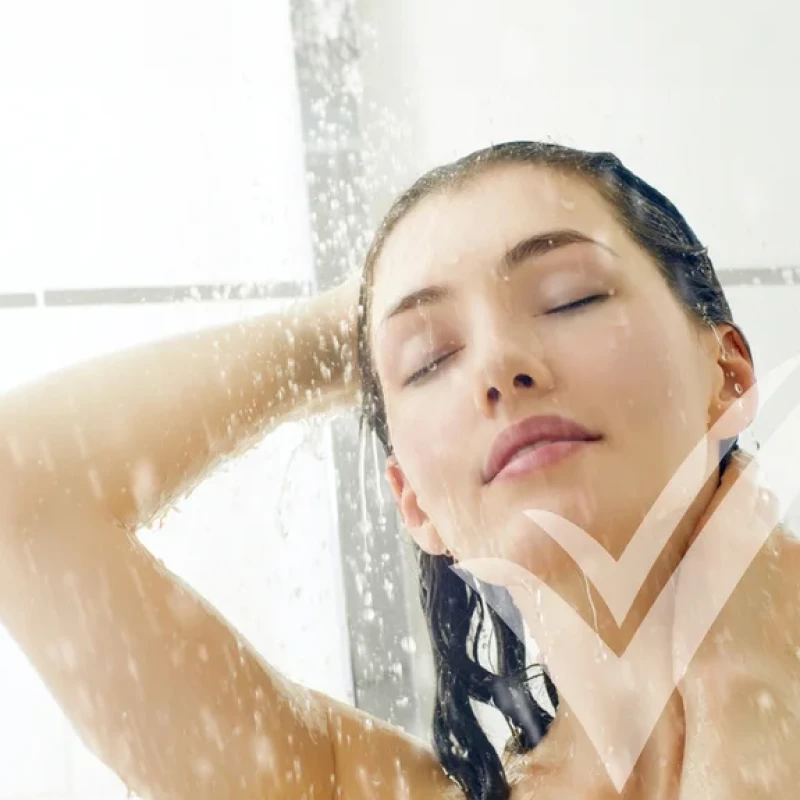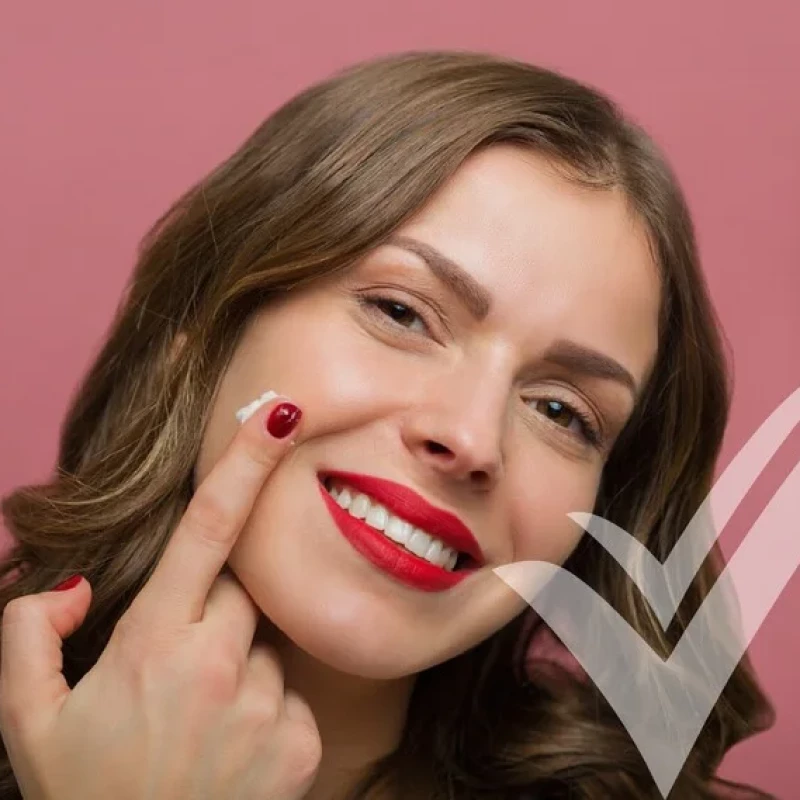We often tend to blame the chlorine in the water for the dullness and the bad state our hair is in, as some of us may notice a real change in the texture and moisture of our hair when on vacation or when traveling for example, but is there an actual link?And is the effect of bathing water limited to the skin and hair, or does it cause other health problems?
Water Treatment
Bathing water is classified as gray water; refers to domestic wastewater generated in households or office buildings from streams without fecal contamination, the latter is known as black water. Contaminated wastewater sources are subject to purification processes that allow water to be reused, whether for drinking or other uses that do not involve ingestion. The term water treatment includes physical, chemical, and biological processes that end with the recycling of water for further use.
![Untitled-1 [Recovered]-03](https://nattoral.com/storage/blog-images-web-final/chlorinated-shower-water-what-effect-does-it-have-on-hair-and-skin/untitled-1-recovered-03.webp)
The stages of water purification vary according to its source and the severity of contamination. The water treatment process begins with a step known as coagulation and flocculation, which refers to the process of separating negatively charged pollutants from water using positively charged chemicals, which ends with the formation of floc, followed by its sedimentation at the bottom of the tank. Then the water is pumped through filters of various pore sizes, in order to get rid of physical contaminants such as sand, gravel, viruses, parasites and bacteria. The disinfection stage is the last stage in which chlorine or monochloramine is added to the water to kill the remaining microorganisms.
The effect of chlorine on human health
Chlorine is one of the best disinfectants for microbes. It has a deadly effect on the cells of living microorganisms, which makes it the best choice for water purification. As we mentioned earlier, the water purification process ends with the use of chlorine in safe and internationally approved rates, as the percentage of chlorine in water should not exceed more than 4 milligrams per liter, keeping the water safe for ingestion, but what are the effects of chlorine residue remaining on the surface of the skin and hair? And the evaporated chlorine in the shower? Does it hold any risk?
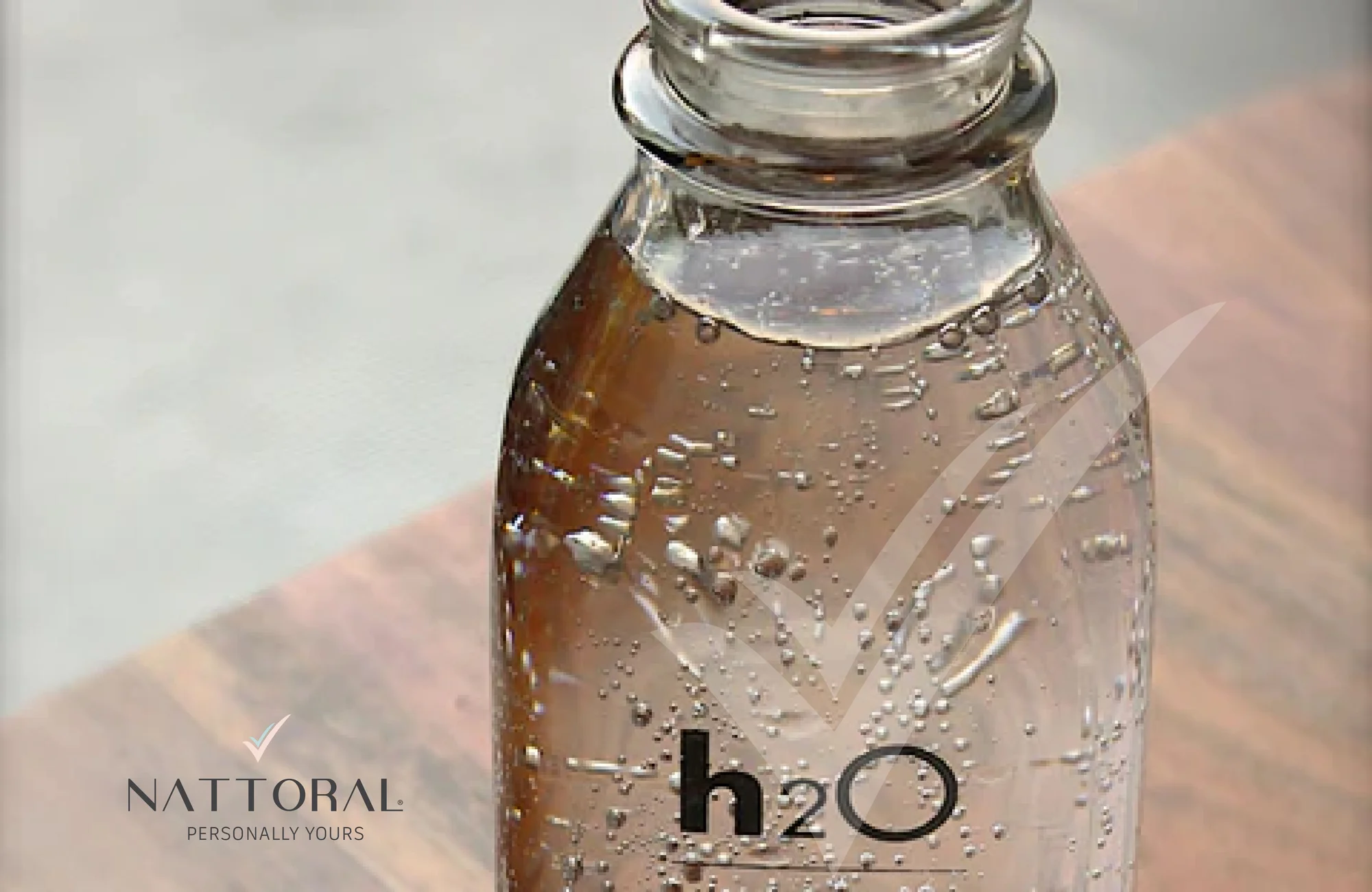
Skin problems
Chlorinated shower water contributes to the worsening of skin conditions, such as atopic dermatitis, acne and psoriasis due to the ability of chlorine to absorb moisture, which reflects on the skin with dryness and the lose of the protective layer, making the skin more susceptible to infection and inflammation. The loss of moisture in the skin will cause irritation and redness in varying severity, depending on the sensitivity of the skin.
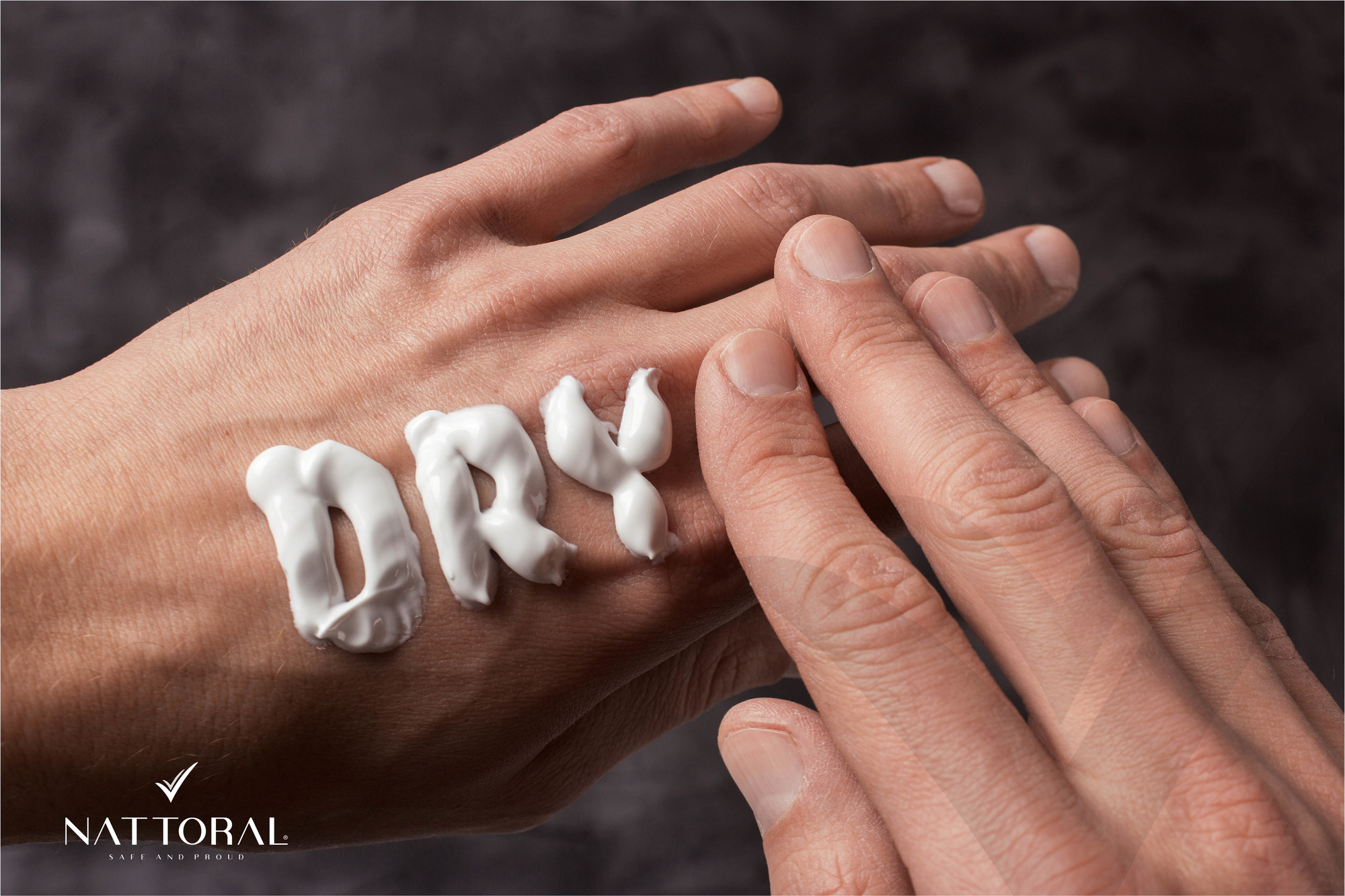
Hair problems
Chlorine has the ability to absorb natural oils that nourish hair and skin, which means that the free chlorine residue left by bathing water will cause them to lose their natural moisture level. In addition to that, chlorine has the ability to change the natural hair color as a result of a chemical reaction inside the hair shaft itself, this explains is why some people may notice that their hair became greenish in color after spending a long time in the swimming pool.

Health Risks for Pregnant Women
Several studies linked chlorine byproducts to a possible developmental risk of the fetus, as a study conducted by a research team in Russia found that women who drank or bathed in water filled with chlorine and chloramine were subjected to various complications during pregnancy, including miscarriage, stillbirth, and low birth weight, and premature birth, and the newborns suffered from various spectrums of birth defects, ranging from nerve damage to weak heart muscle. It is not possible to reach a firm decision regarding chlorinated water and the health of pregnant women due to the lack of research in this regard, but it is better to avoid the potential risk.

Health Risks For children
For children, bathing in hot water or bathing in unfiltered municipal water can have serious effects on their normal development. A study was conducted in Belgium to see if there is any association between the chlorine vapors school children inhale in an indoor swimming pool and increased lung permeability and asthma. The results showed that children who frequently played in the pool were more likely to develop asthma compared to other children, and in some cases the symptoms were severe.In addition to the damage to the epithelial tissue; the tissue that forms the outer layer of the skin and lines the inner tissue of the lungs. This study showed that inhaling chlorine fumes from hot showers that last longer than ten minutes was similarly harmful.
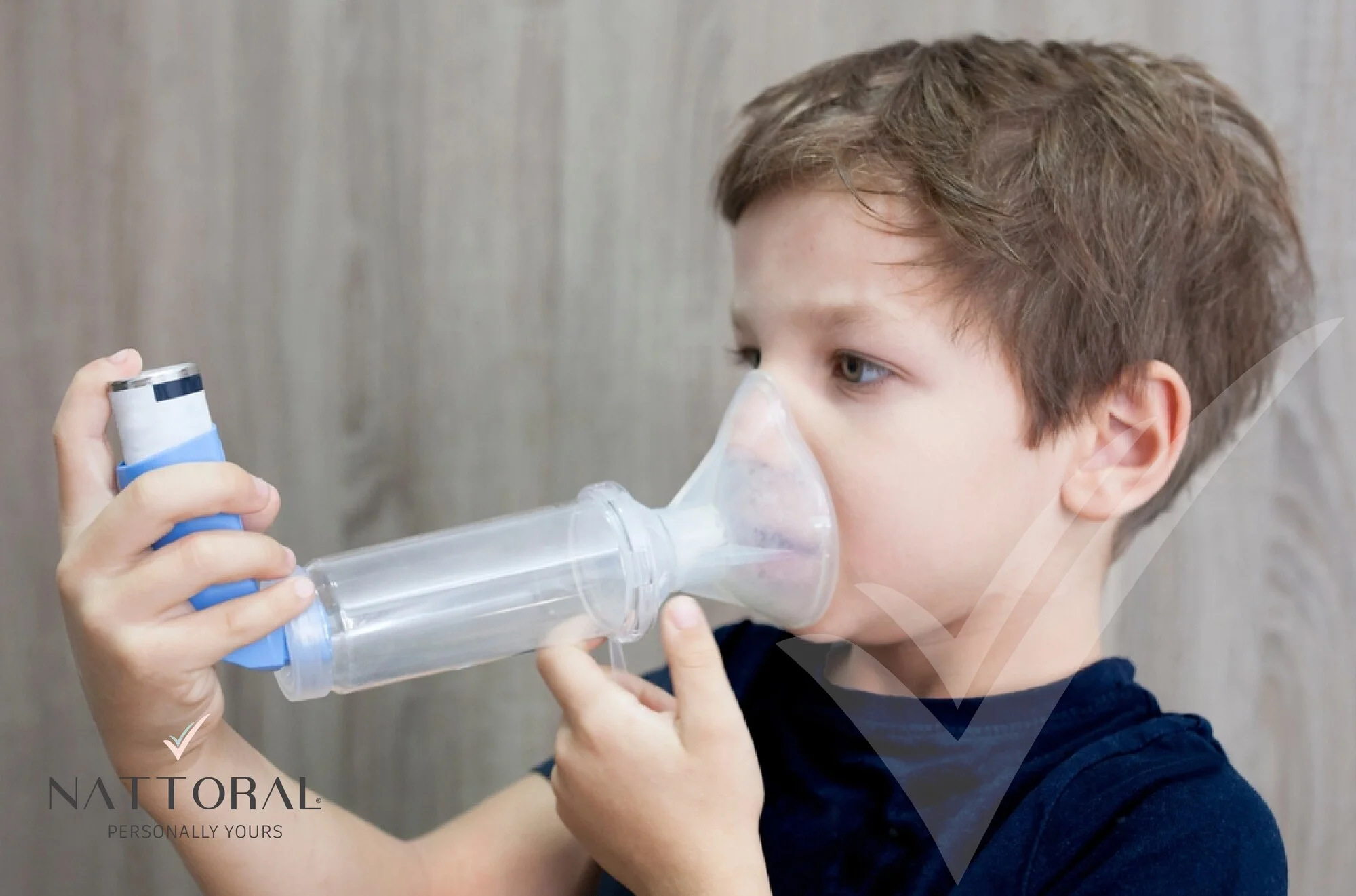
Getting rid of chlorine in water
Chlorine is a gaseous at room temperature, so getting rid of it can be done simply by keeping the chlorinated water outdoors in a container that allows the chlorine gas to evaporate, heating the water will speed up this process. However, this method is impractical to get rid of chlorine in large quantities of water. That is why companies have developed chlorine-purifying filters that can be used by placing them directly on water pipes. Also, some Korean companies add powerful antioxidants such as vitamin C to shower filtersto obtain a double purification of chlorine.
- Backer LC;Ashley DL;Bonin MA;Cardinali FL;Kieszak SM;Wooten JV; “Household Exposures to Drinking Water Disinfection by-Products: Whole Blood Trihalomethane Levels.” Journal of Exposure Analysis and Environmental Epidemiology, U.S. National Library of Medicine, Aug. 2000, pubmed.ncbi.nlm.nih.gov/10981726/.
- Anthony, Kiara. “Keratosis Pilaris (Chicken Skin).” Healthline, Healthline Media, 2 June 2020, www.healthline.com/health/keratosis-pilaris.
- “Can Chlorine in Pool Water Cause Hair Loss?” Dr Anthony Farole DMD, Facial and Oral Surgery Center, 9 Dec. 2019, www.drfarole.com/blog/can-chlorine-pool-water-cause-hair-loss/.
- Watson, Kathryn. “Keratin: Benefits and Uses for Hair.” Healthline, Healthline Media, 17 Sept. 2018, www.healthline.com/health/keratin.
- Bernard, Alfred, et al. “Chlorinated Pool Attendance, Atopy, and the Risk of Asthma during Childhood.” Environmental Health Perspectives, National Institute of Environmental Health Sciences, Oct. 2006, www.ncbi.nlm.nih.gov/pmc/articles/PMC1626429/.

